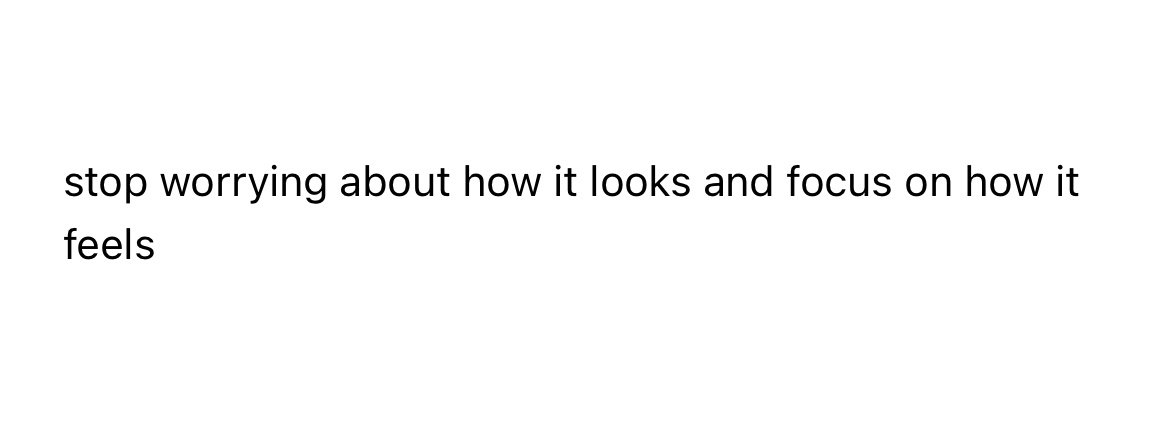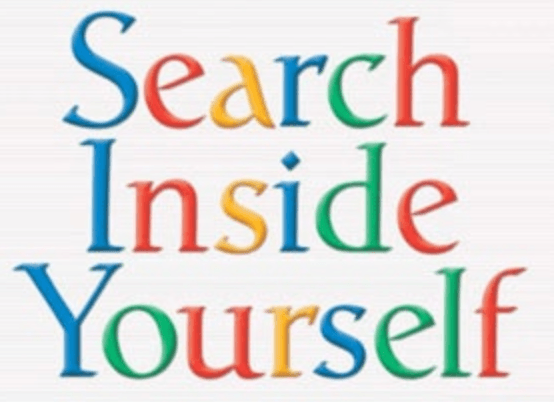soul
In a nutshell, then, this book is about calling, about fate, about character, about innate image. Together they make up the “acorn theory,” which holds that each person bears a uniqueness that asks to be lived and that is already present before it can be lived.
James Hillman • The Soul's Code
As C. G. Jung once wrote, one of the perils of having a soul is the risk of losing it.14
John Vervaeke, Christopher Mastropietro, • Awakening From the Meaning Crisis

Theurgy and the Soul: The Neoplatonism of Iamblichus (2nd edition)
amazon.com

For Jung, alchemy had a dual face. He saw it as both a quest to literally transform matter in the laboratory as well as a spiritual quest aimed at the transformation of the soul and thus as a religious philosophy.
Stanton Marlan • Jung’s Alchemical Philosophy: Psyche and the Mercurial Play of Image and Idea (ISSN)
What you do in your life affects your heart, alters your soul, and concerns the daimon. We make soul with our behavior, for soul doesn’t come already made in heaven. It is only imaged there, an unfulfilled project trying to grow down.
James Hillman • The Soul's Code
According to another Jewish legend, the evidence for this forgetting of the soul’s prenatal election is pressed right into your upper lip.7 That little crevice below your nose is where the angel pressed its forefinger to seal your lips. That little indentation is all that is left to remind you of your preexistent soul-life with the daimon, and so,
... See more